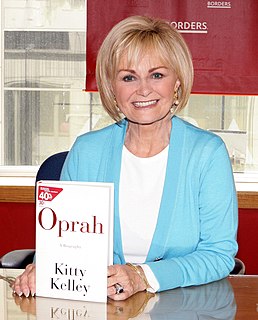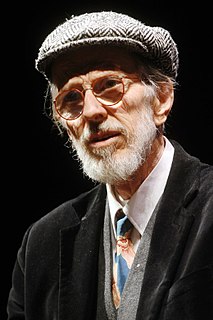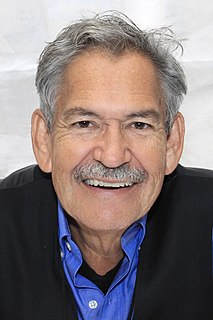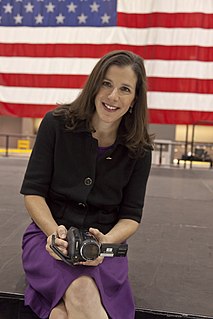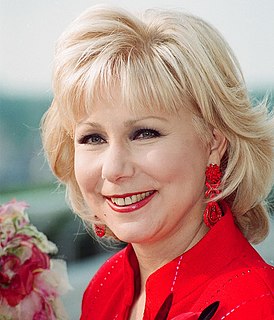A Quote by Alice Glass
I was raised Catholic and went to Catholic school until junior high. I don't believe in transmigration or anything like that. I have resentment for being forced to believe in something. I will always think of the church as an institution and not a comfort.
Related Quotes
I am Catholic, I was raised Catholic, I am a practicing Catholic. But I say we need to agree to disagree. We have a shared mission around poverty, and I focus on that, because we do a lot with the Catholic Church around poverty alleviation. I'm always looking for: what is the common thread? What do we care about? What do we believe in? We believe in women around the world. We believe in all lives have equal value.
I'm an ex-Catholic priest. I have such a complex relationship to Catholicism. On the one hand, if I called myself a Catholic it would have to be a very unorthodox one, as I just don't believe all of the teachings of the Church. But on the other hand, I'm an educated man because the Catholic Church educated me. It gave me something that is really important to me. So I always think about my faith. I always have it, and sometimes I can't talk about it, and sometimes I can. I am like an adolescent in that way. Teens are asking questions: who is God and what does it mean to have faith?
I was in high school - and I went to an all-boys Catholic high school, a Jesuit high school, where I was focused on academics and athletics, going to church every Sunday at Little Flower, working on my service projects, and friendship, friendship with my fellow classmates and friendship with girls from the local all-girls Catholic schools.


